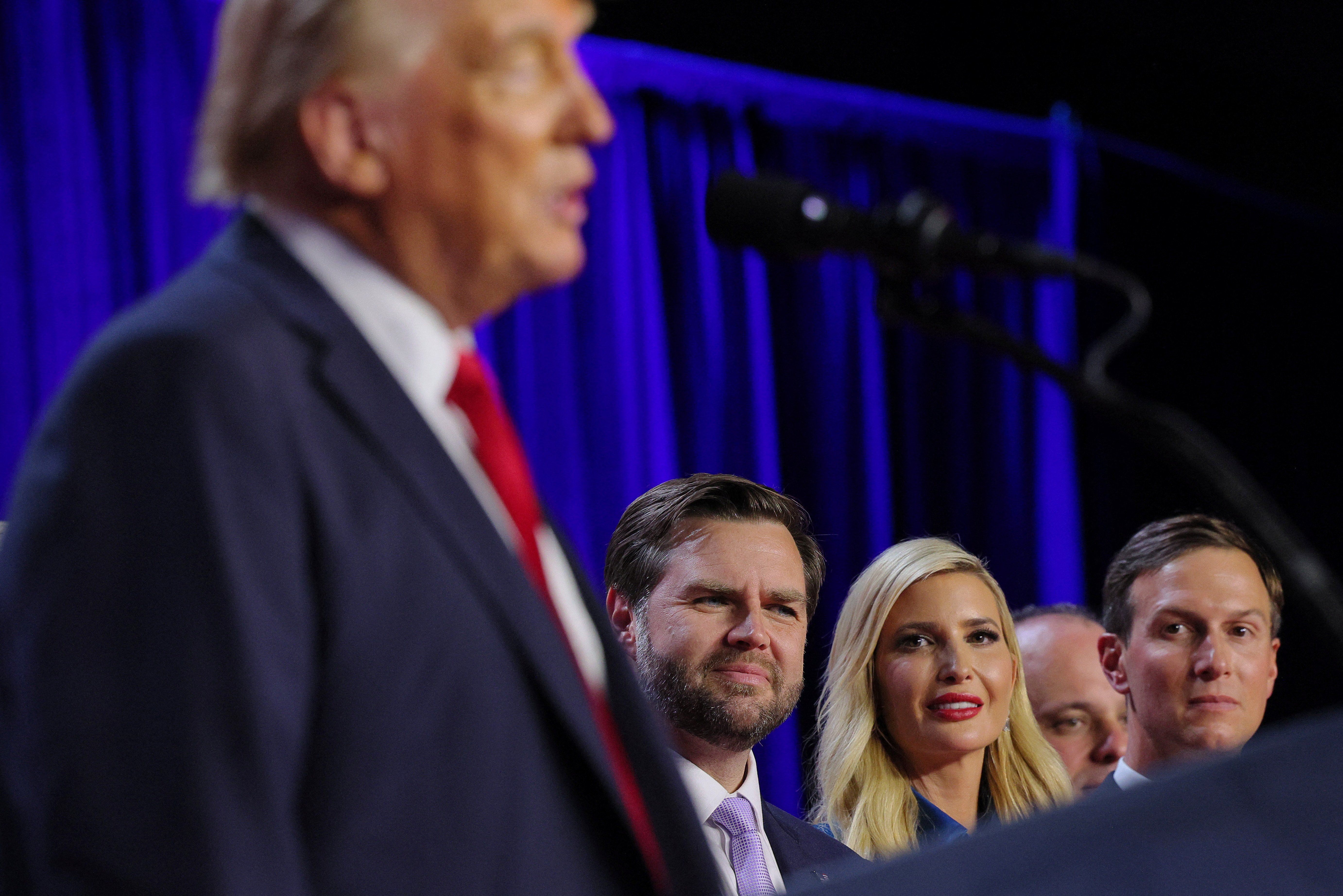New York Times opinion columnist Ezra Klein on Sunday detailed what he called the “most predictive” day of President Donald Trump’s second term — which, the columnist argued, came even before he won the 2024 presidential election.
“It was July 15, 2024, the day he announced that JD Vance was his choice for vice president,” Klein wrote.
Noting Trump picked Vance over runners-up Marco Rubio and Doug Burgum, Klein wrote, “Vance was of the MAGA movement in a way Rubio and Burgum were not. Vance hated all the right people.”
READ MORE: Trump officials cheer Journalism’s defeat at Kentucky Derby — but may have missed a crucial point
“Vance pitched himself as an accelerationist who believed the biggest problem with Trump’s first term was that Trump was surrounded by people who, occasionally, said no to him,” Klein wrote. “Vance was the only one of the three vice presidential contenders to say he would have done what Mike Pence would not: refuse to certify the 2020 election result.”
As Klein reported, Trump “was swayed” by the likes of his son, Donald Trump Jr., Tesla/SpaceX CEO Elon Musk and former Fox News reporter Tucker Carlson, “who reportedly told Trump that if he picked Rubio or Burgum he was likelier to be assassinated by MAGA’s enemies.”
Klein likened Trump’s first term to “a European coalition government” where “Trump governed in an uneasy alliance with a Republican Party he did not fully control or even like, with a business community in which many viewed him as a buffoon, with a staff that saw part of its role as curbing and containing the boss’s most destructive impulses, atop an administrative state that often resisted his demands.”
“That friction frustrated Trump and many of his first-term allies,” Klein wrote.
READ MORE: 'God will not be mocked': MAGA freaks out over Trump’s 'insulting' pope post
Now, according to Klein, “this isn’t a coalition government; it’s a royal court.”
“Trump is surrounded by courtiers who wield influence so long as they maintain his favor and not a moment longer,” Klein wrote.
The opinion writer argued Trump’s “fundamental characteristic” — “his disinhibition” — “sat in tension with people around him who acted as inhibitors,” including “a staff that was willing to think him wrong or even ridiculous, a congressional Republican Party that was not fully rebuilt around loyalty and sycophancy.”
As Klein noted, “In his second term, Trump is surrounded by yes men and accelerationists. His staff has no interest in second-guessing the Grand Ayatollah of MAGA.”
“The guardrails are gone,” Klein added.
Read the full op-ed at the New York Times.
READ MORE: 'Next-level cringe': AI-generated image of Trump defense secretary draws scathing response
